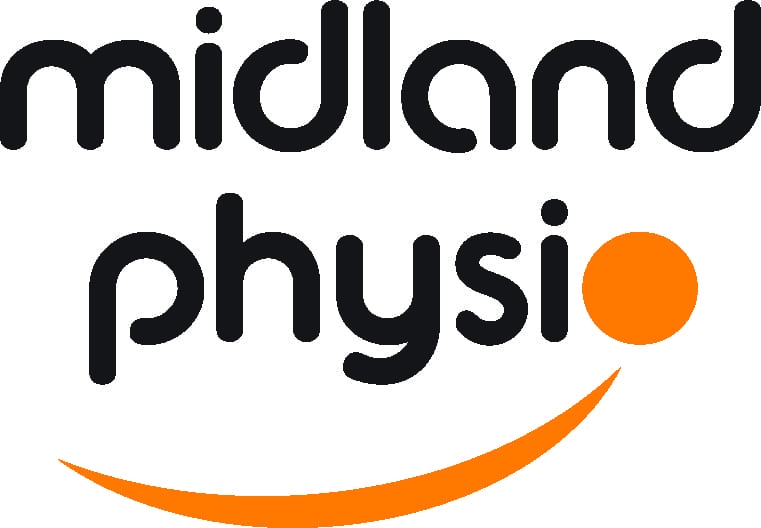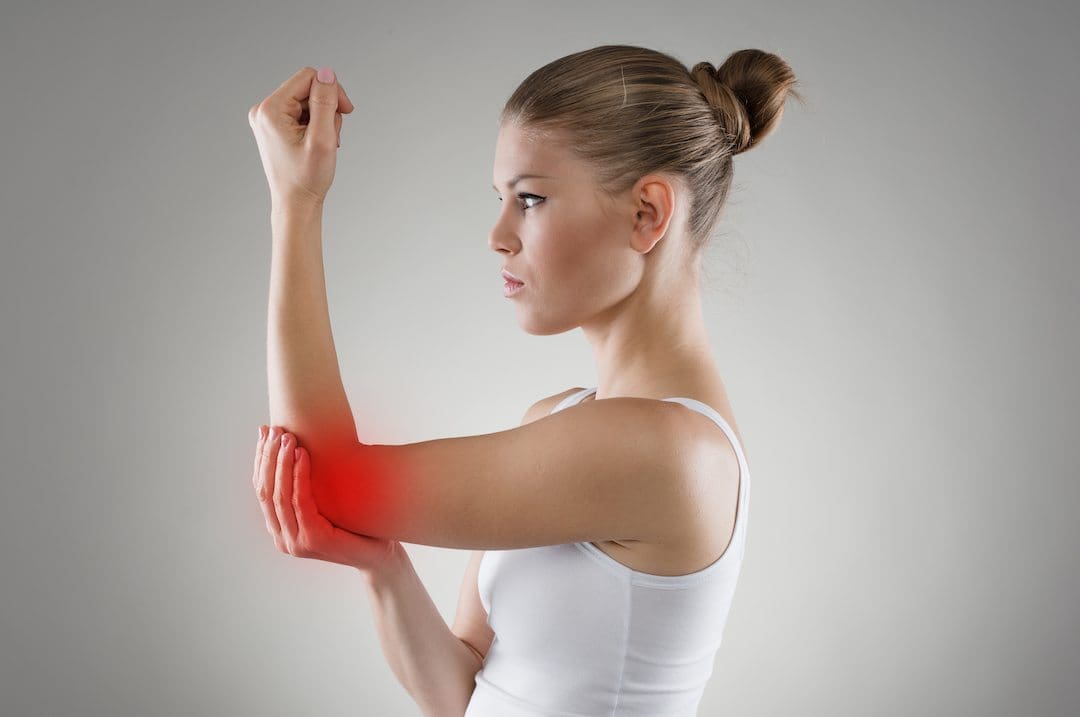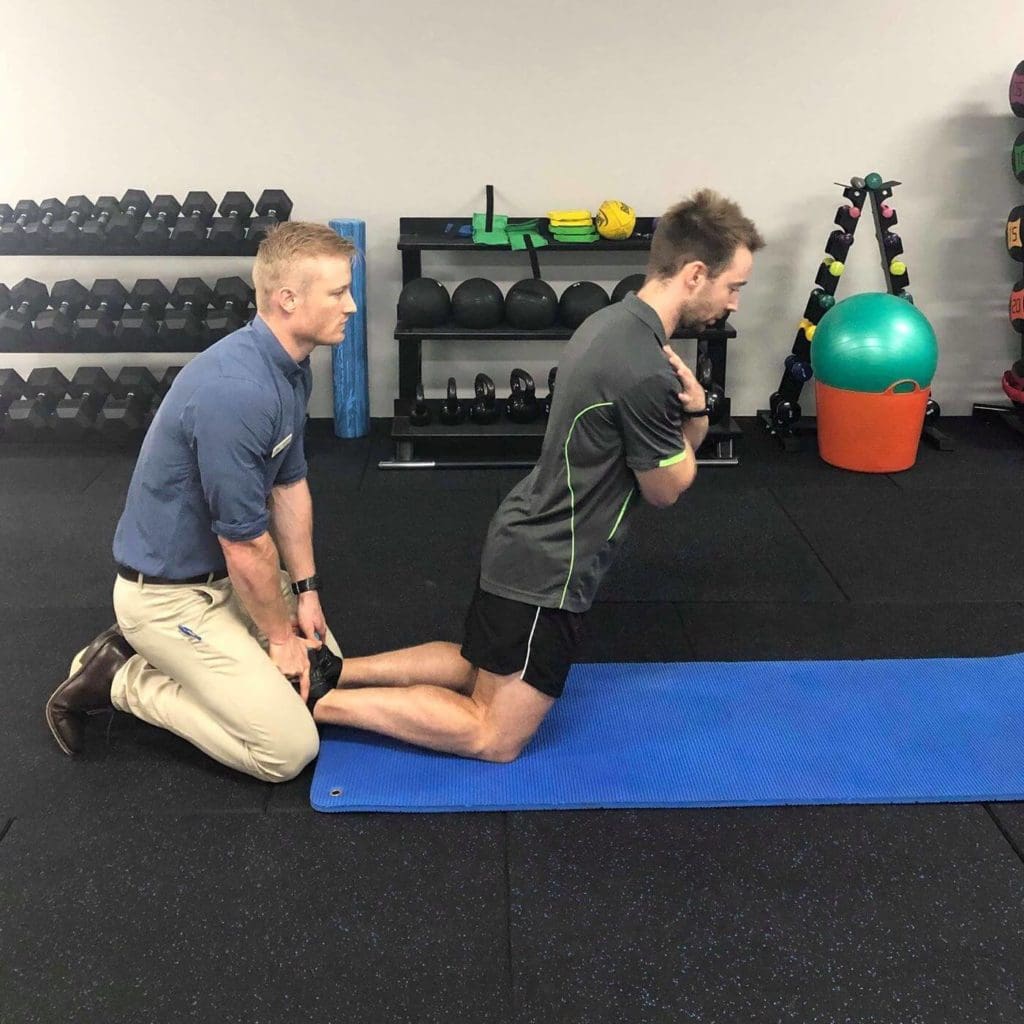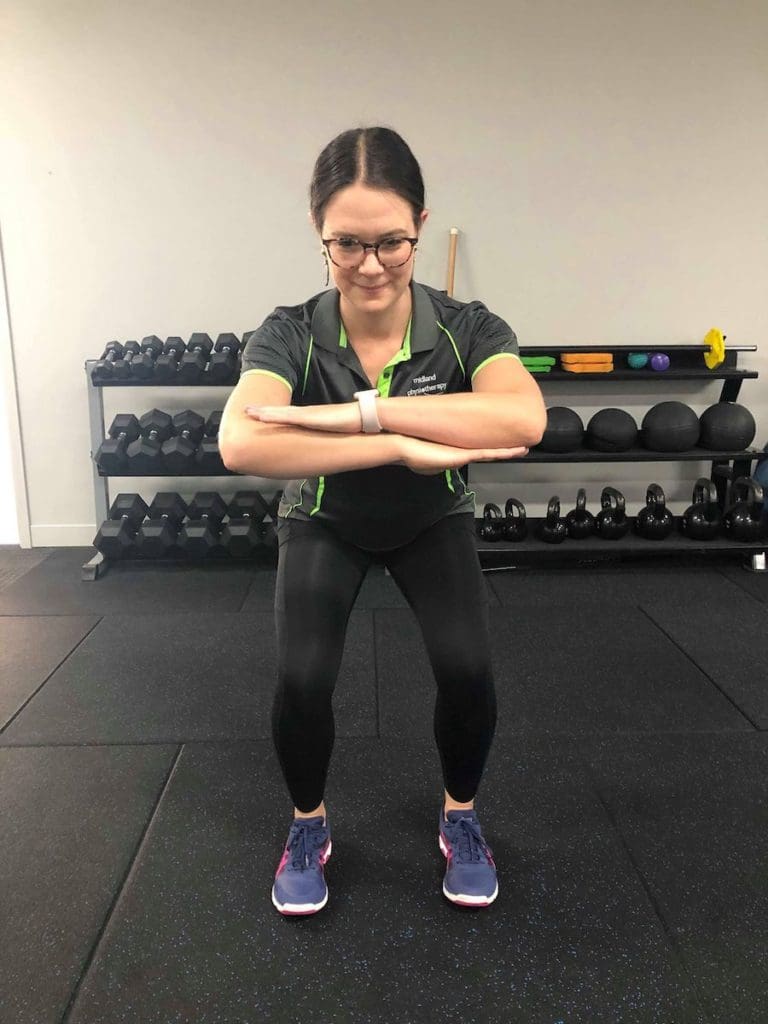Concussion is a common injury to happen in sports, usually contact sports which can leave players on the sidelines for weeks to months. We have all probably seen someone get concussed when we watch sport, but it can happen in other situations like car accidents where it may be assumed to be just whiplash.
What is a concussion?
A type of traumatic brain injury which leads to disruption of normal brain function. Usually scans of the head/brain will look normal, diagnosing a concussion depends on the mechanism, symptoms at the time of the accident and ongoing symptoms.
How does it happen?
Can be from a direct blow to head such as accidental trauma when being tackled at sport, indirectly where there is a acceleration/deceleration injury to the brain which could be from a tackle or whiplash mechanism.
Being concussed again before the initial concussion has resolved can be bad, making symptoms worse and increasing the time it will take for you to recover. Any suspicion of a concussion should be taken seriously and assessed before being allowed to return to sport.
What symptoms can a concussion cause?
When a concussion first happens, you may have a loss of consciousness, unsteadiness, impaired memory. Its best to let someone rest for 5-10 minutes before assessing them. The loss of consciousness may be very brief. If you are worried, then it’s best to see a doctor for assessment.
Ongoing symptoms include:
- Headaches, dizziness, vision changes, neck pain
- Impaired mental processing such as brain fog, slower decision making
- Changes to mood like short tempered, sadness, more emotional
- Changes to sleep, can be excessive sleep or insomnia
- Changes to physiological function: impaired reaction time, altered cardiovascular function
How does it get better?
A mild concussion may take up to 30 days to resolve, more severe concussions may take longer. It’s important to note that more exertion, physical or mental, that makes symptoms worse isn’t good.
Time is important and you should notice gradual improvement of your symptoms over time. Physio is helpful to treat things like neck pain, certain types of dizziness and help guide you back into physical activity and sport.
We may refer to your GP or other specialists for some symptoms.
Getting back to work, sport and life
As your symptoms improve you will find you can do more. All the things you do day to day and week to week matter so you may prioritize work over sport initially, add in more social interaction and eventually return to sport.
We can use some tests and questionnaires to evaluate any ongoing symptoms and exercise tolerance. As you introduce back more of your normal activity over time, we will see how your symptoms react which helps us to judge how quickly to progress things.
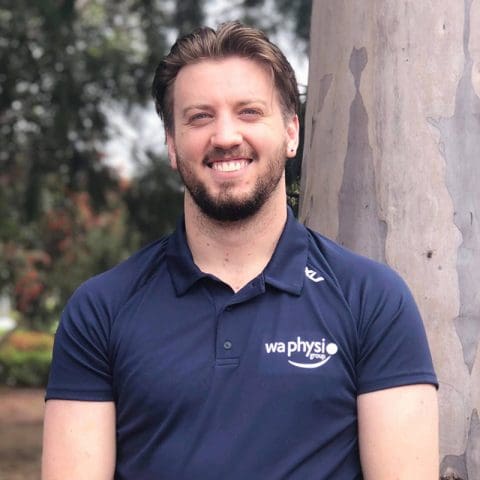
Rourke Moynihan
Senior Physiotherapist
Rourke is a graduate of the University of Notre Dame with a Bachelor of Physiotherapy.
Rourke has been working in private practice since 2015 as well as working with various sporting teams, including Perth Heat Baseball, East Perth Football Club and the WA Women’s State AFL team.
Outside of work, Rourke is keeps fit at the gym and doing Brazilian Jiu Jitsu.
Special Interests:
- Neck and back pain
- Headaches
- Knee pain
- Rehab post-surgery
